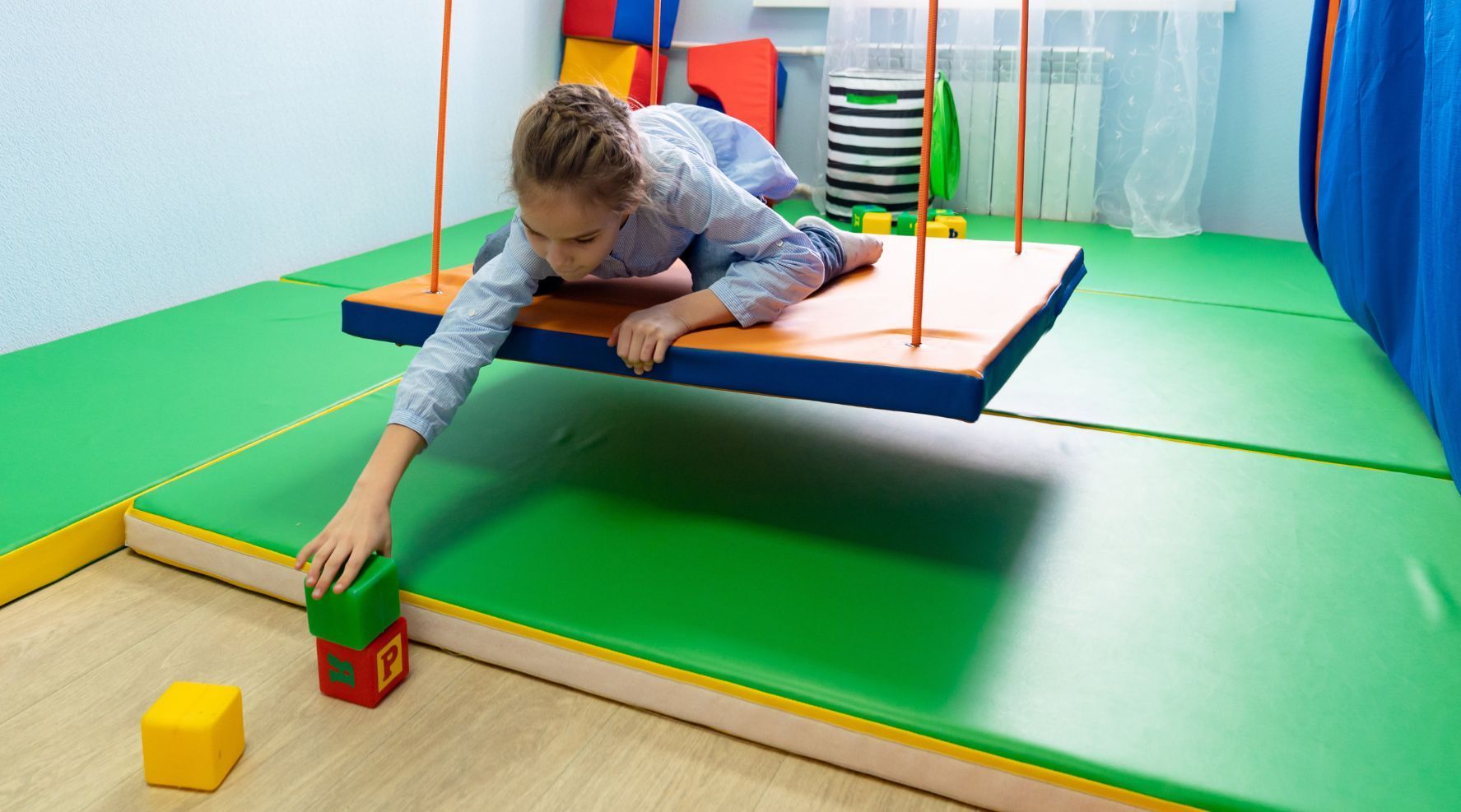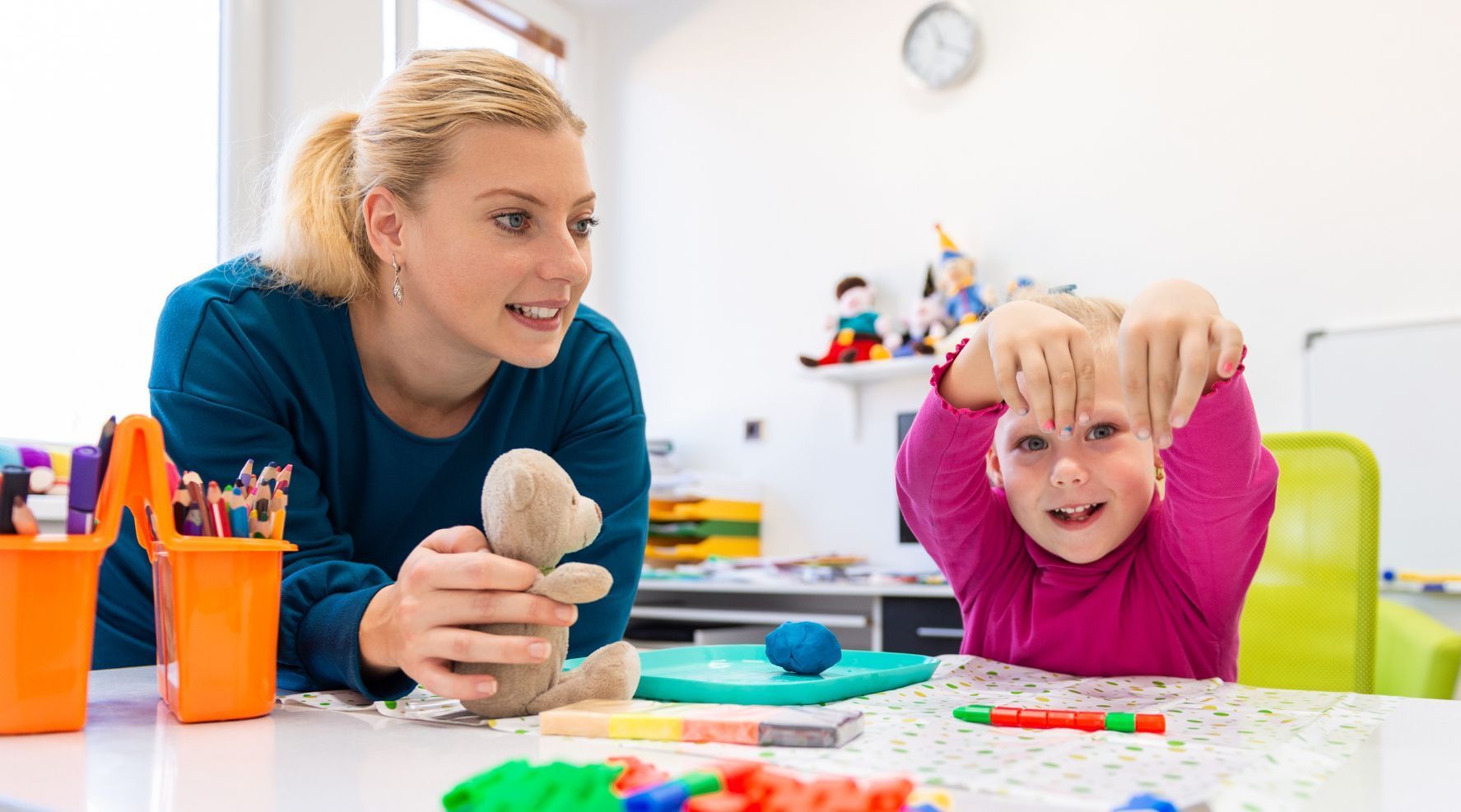5 Reasons Why Your Daycare Needs a Sensory Room
The diversity of children a daycare center may serve demands preparation for different temperaments and for emerging developmental differences. Here are five reasons why your daycare needs a sensory room.
Stimulation and Sensory Skills
Your daycare needs a sensory room to help children who feel overwhelmed. Daycare centers present a barrage of new sensory information, and a sensory room gives children a chance to choose a limited type of sensory stimulation that makes them feel more in control.
When a child chooses their preferred type of sensory stimulation, whether it is a bubble tower, a crash pad, a swing, or a dimly lit corner marked off with curtains or a tent, their brains can work on processing sensory input more effectively.
Calming Effects and Self-regulation
Sensory rooms can provide a calming effect for a distraught child. Putting items such as weighted blankets, mini trampolines, and crash pads in the room provides the sensory input a child needs to calm down and regulate their emotions.
Once kids feel calmer, they can prepare to return to the main learning environment. They can even begin to learn self-advocacy by requesting time in the sensory room to self-regulate before attending whatever activity is expected of them.
Motor Skills
Many kids with developmental differences, such as autism, struggle with motor skills. They may have difficulty processing sensory input from different parts of their bodies, which can make skipping, jumping, or climbing a challenge.
Sensory gym equipment typically includes things like low balance beams, mini climbing walls, monkey bars, and slides with ladders. These help children develop the motor skills to coordinate both sides of their bodies.
Cognitive Development
The physical challenges available in a sensory room help with cognitive development, too. In a sensory room, a child may experience thoughts such as, “If I push this button, something pops up!” or, “To get to the slide, I need to walk across this bridge.” These are forms of problem-solving that help children develop an understanding of cause and effect and how to respond to new situations and environments.
Socialization
Sensory rooms aren’t just for use as a retreat or a place for a child to isolate themselves from what they perceive as a chaotic environment. They are happy play places for kids of all abilities. Figuring out who gets to play with a toy, sit next to the bubble tower, or use the slide next are social skills that will benefit all kids.
Providing a sensory room for your daycare will reassure parents that you are attentive to their child’s differences and needs. Most importantly, your sensory room must be supervised at all times. And before you install a sensory room, staff must be trained, preferably by a licensed therapist, about why children need sensory equipment, how they might use it, and what to do if a child seems confused or upset.





